Turkish imports of Russian oil have quietly plummeted since harsher sanctions were imposed earlier this year, the Moscow Times reported on Feb. 27.
The U.S. and U.K. passed sweeping sanctions against Russia's oil sector on Jan. 10, particularly targeting Moscow's "shadow fleet" of tankers.
Shipments of Russian Urals, the country's flagship crude oil, have dropped to a low not seen since December 2022. Turkish imports of Russian Urals fell to 0.24 million tons in February, down from 1.56 million tons in January, the Moscow Times reported.
Turkey's top refiner, Turkiye Petrol Rafinerileri (Tupras), has stopped accepting shipments of Russian crude, demanding that they comply with the $60 per barrel G7 price cap, Reuters reported earler this month. The change in policy began after the Jan. 10 sanctions.
The drop in Turkish demand for Russian oil has impacted operations at Gazprom Neft and Surgutneftegaz, major Russian oil and gas companies, and has affected over 180 tankers of the so-called "shadow fleet," a large group of vessels Russia uses to circumvent Western sanctions.
Amid sanctions on Russian oil, Turkey has sought to import from other producers. Turkish imports of oil from Africa reached a five-year high in February.
Turkish imports of Nigerian Forcados Blend oil reached 0.26 million tons in February, the highest amount the nation has purchased from Nigeria since 2020. The country imported 0.36 million tons of Libyan Es Sider and Amna grade oil in February compared to only 80,000 tons in January — a fourfold increase.
Turkey has been long singled out as one of the main facilitators of circumventing sanctions imposed on Russia by the West over the invasion of Ukraine. In November 2024, the European Union's anti-fraud agency opened an investigation into the possible exporting of rebranded Russian oil via Turkey into the EU.
Turkey, a member of NATO, has been pursuing a standalone Russia policy since Russia's full-scale invasion began, retaining a mediator role between Russia, Ukraine, and the West.
Russian and U.S. officials held talks in Istanbul on Feb. 27, their second round of direct discussions this month. Ukraine was not a topic of the discussion, the U.S. State Department said.
‘Trump likes what Putin does,’ Bernie Sanders says in exclusive interview
As Ukraine enters the fourth year of Russia’s full-scale invasion, shifting political dynamics in the U.S. threaten to influence the course of the war. U.S. President Donald Trump has repeatedly misrepresented the war’s origins, excluded Ukraine from initial negotiations, and advocated for what many…

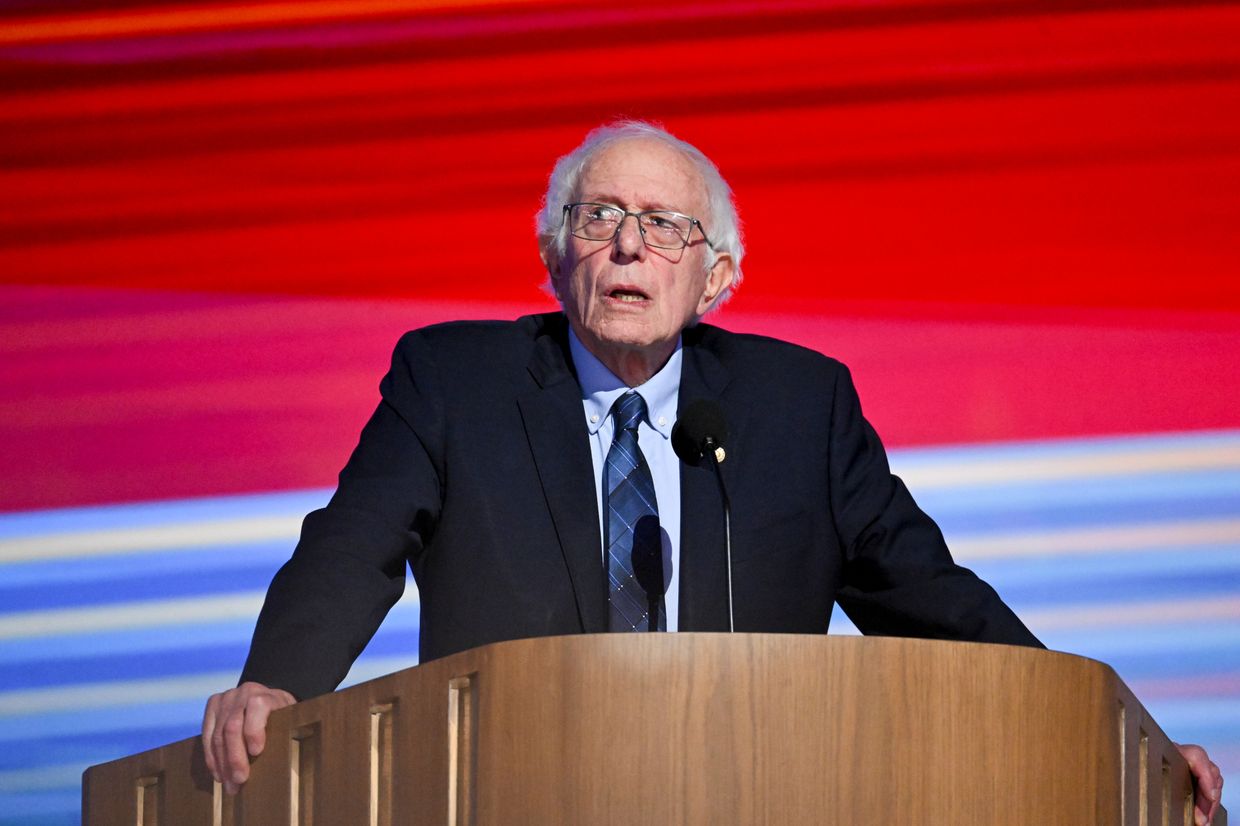
.png)
 German (DE)
German (DE)  English (US)
English (US)  Spanish (ES)
Spanish (ES)  French (FR)
French (FR)  Hindi (IN)
Hindi (IN)  Italian (IT)
Italian (IT)  Russian (RU)
Russian (RU)  5 hours ago
3
5 hours ago
3
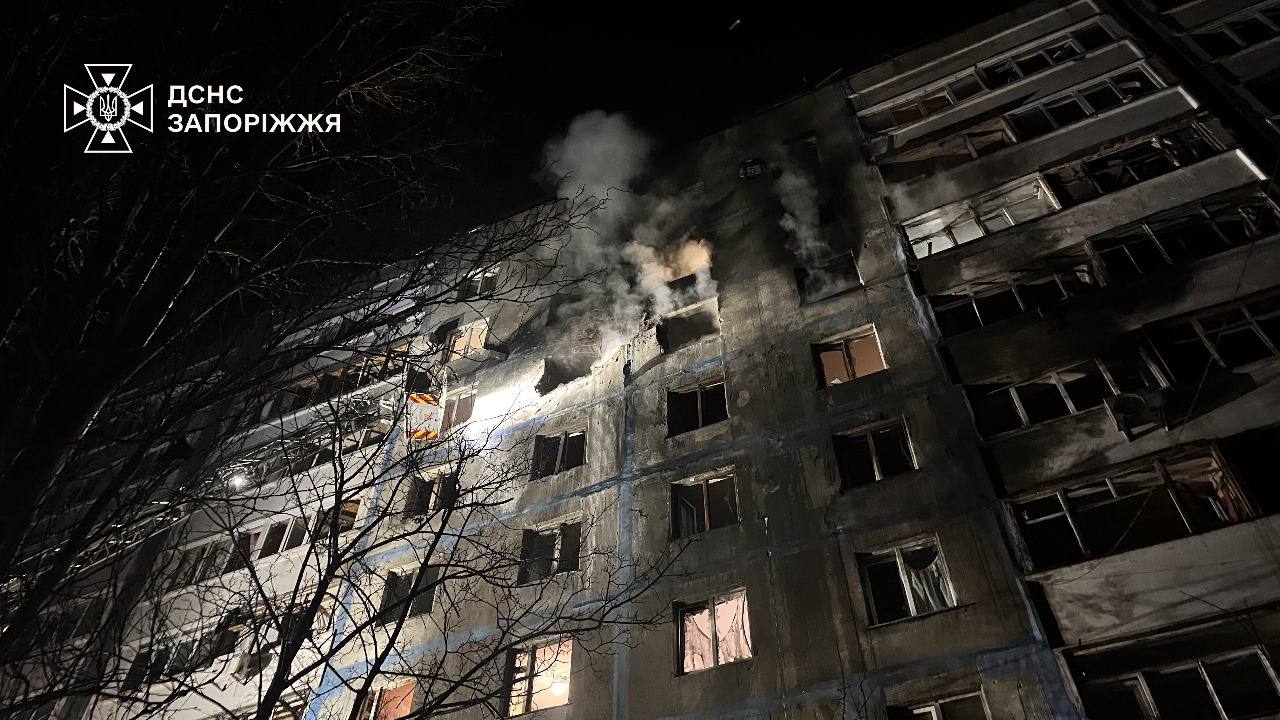
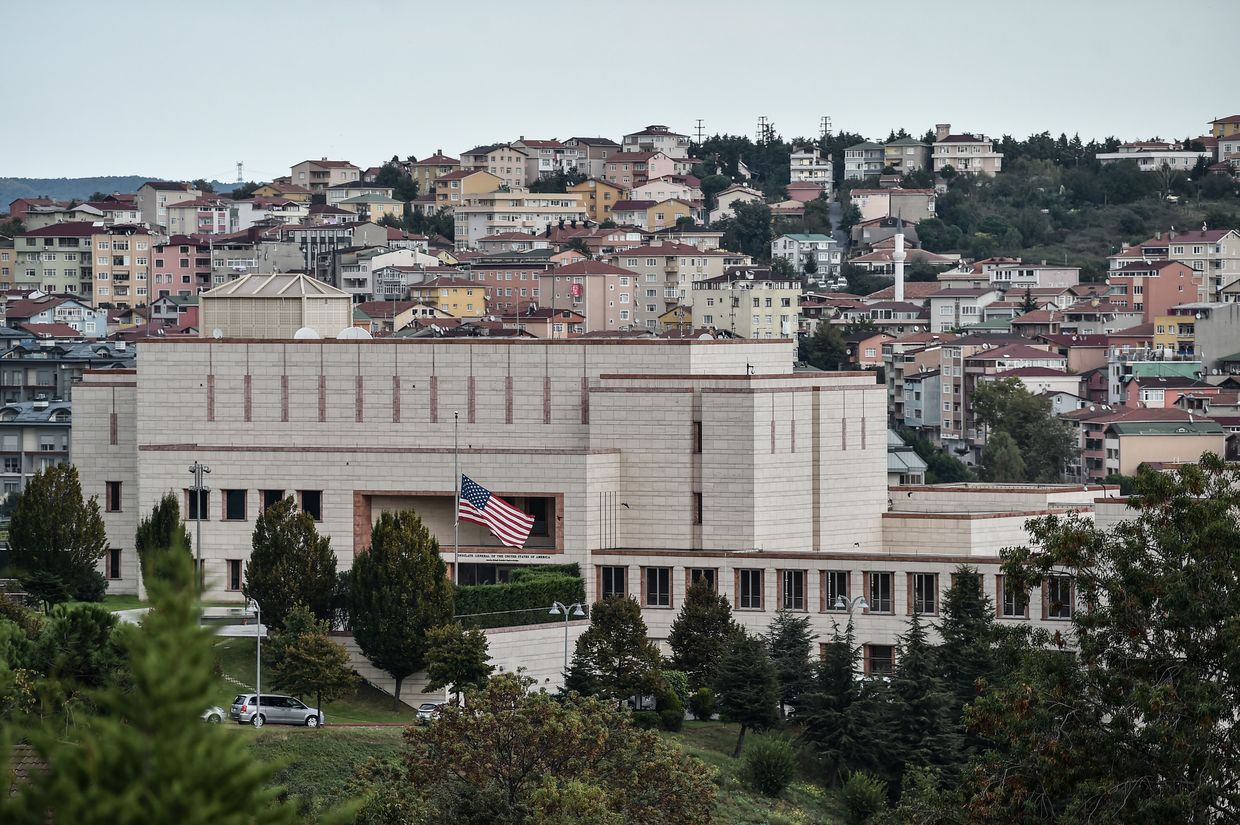
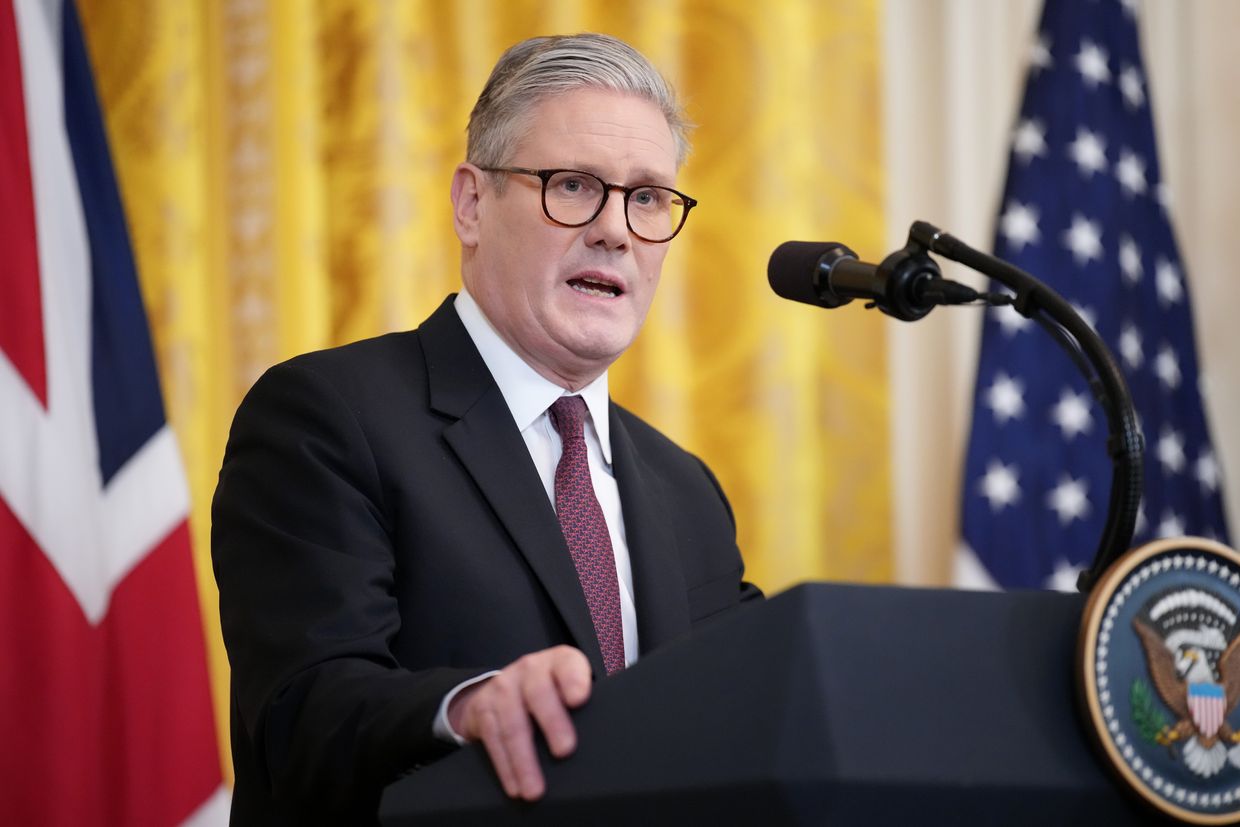
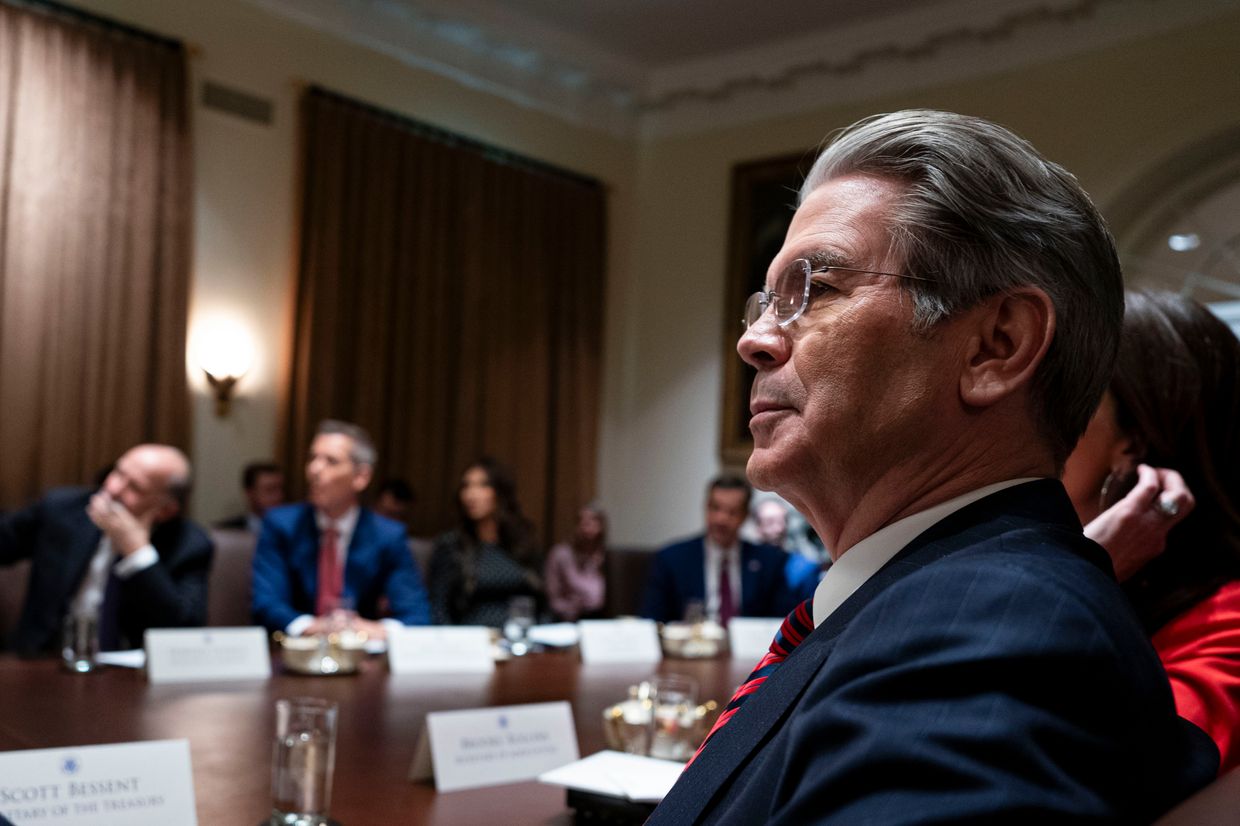

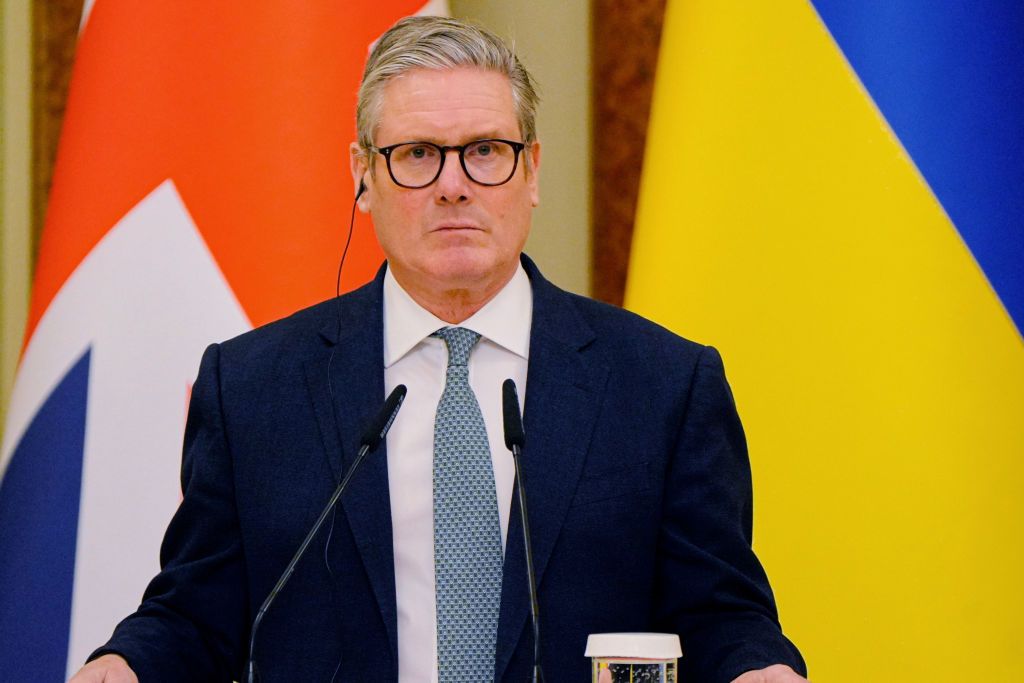
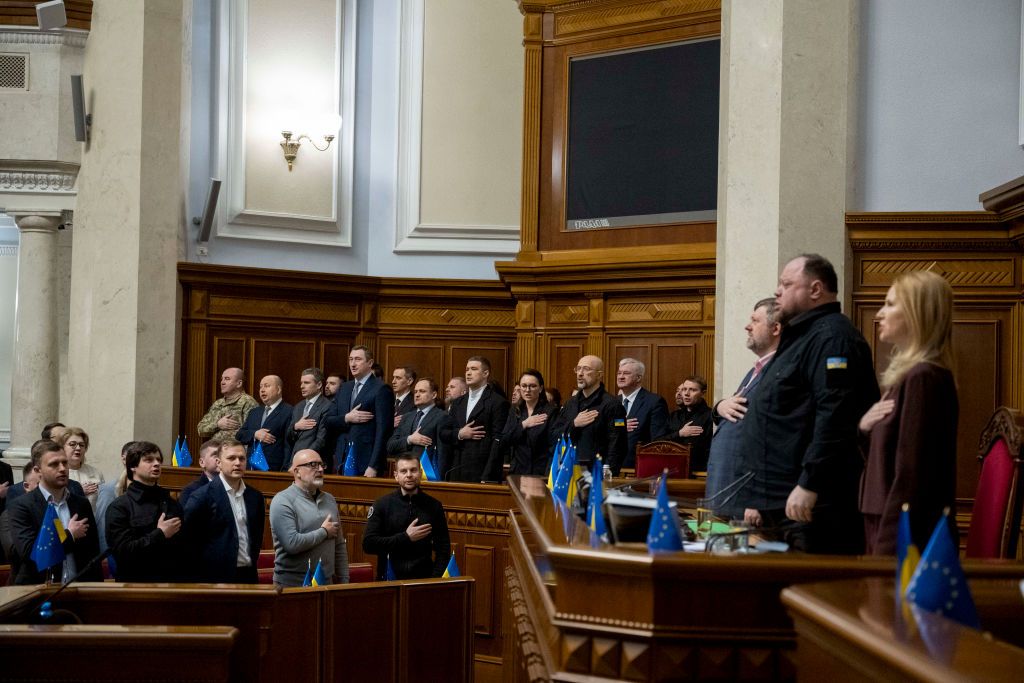

Comments